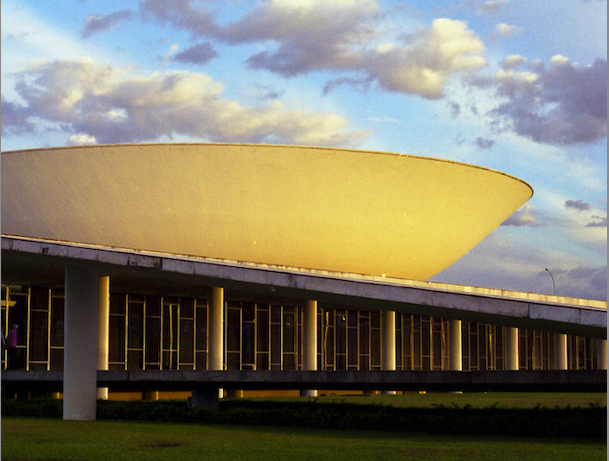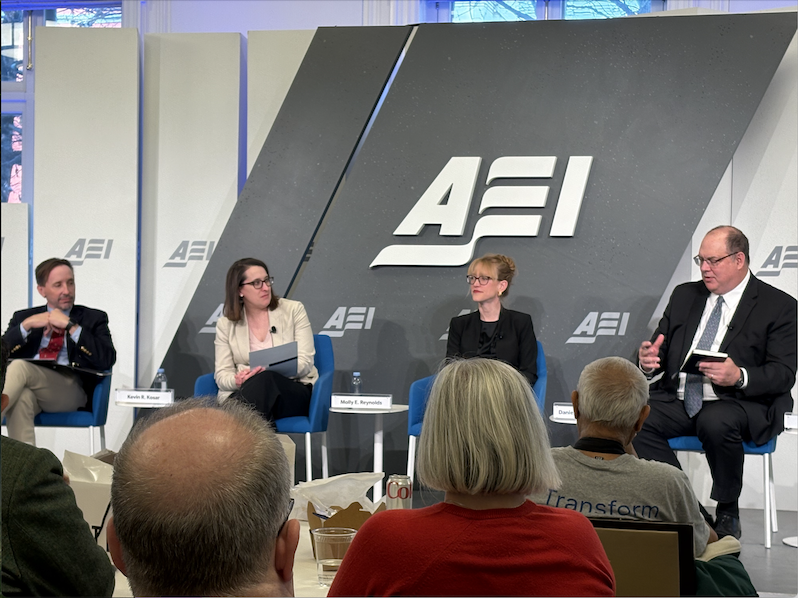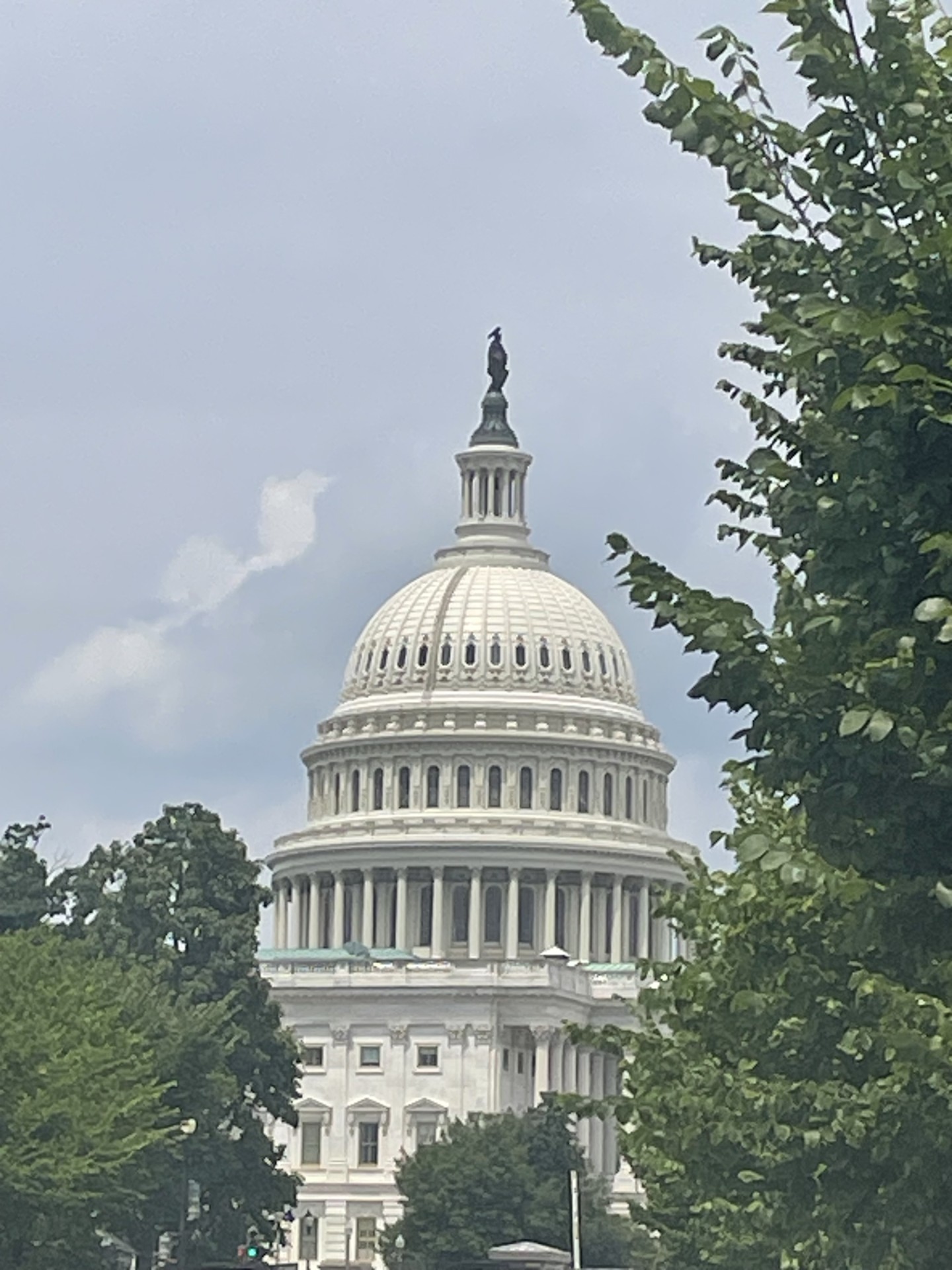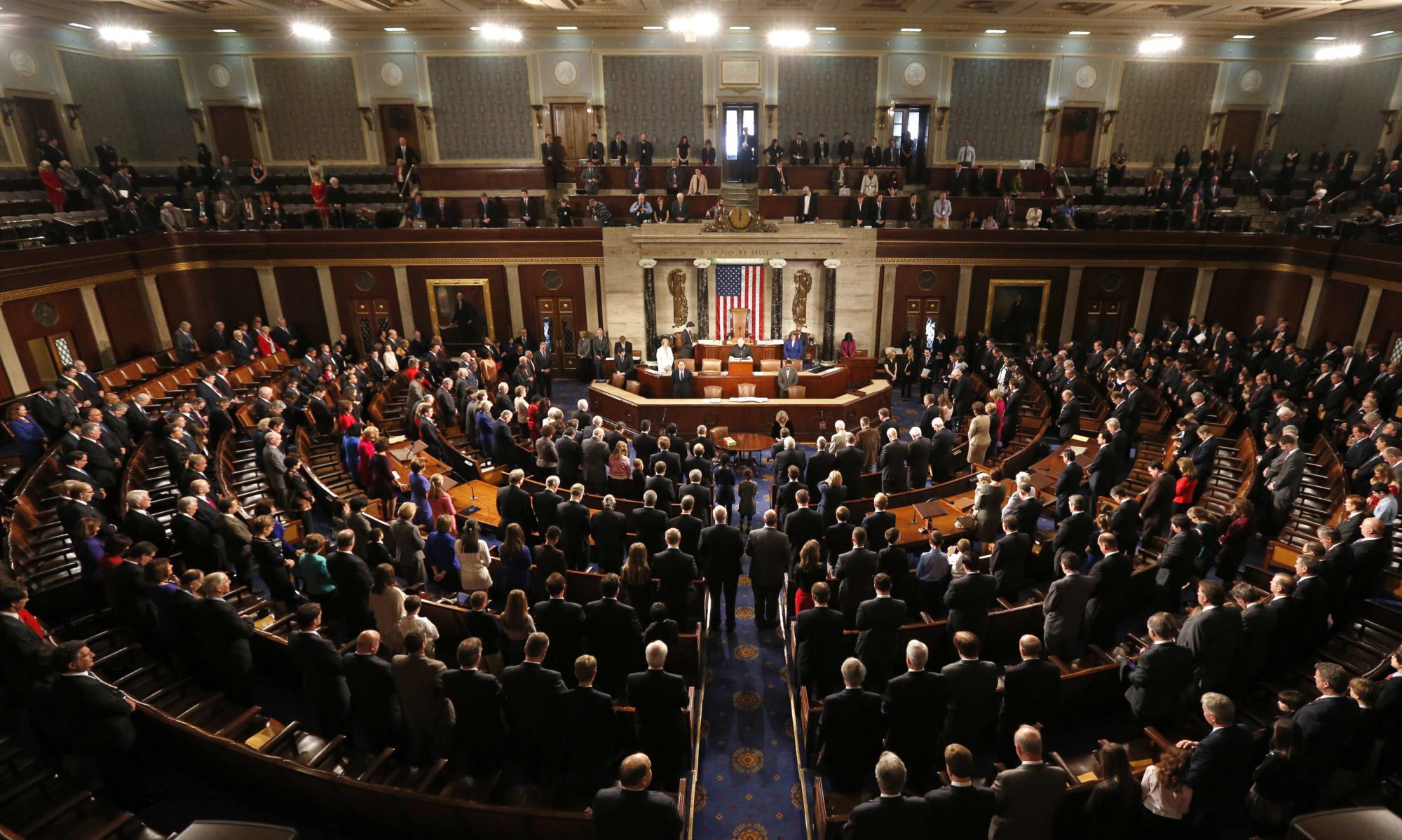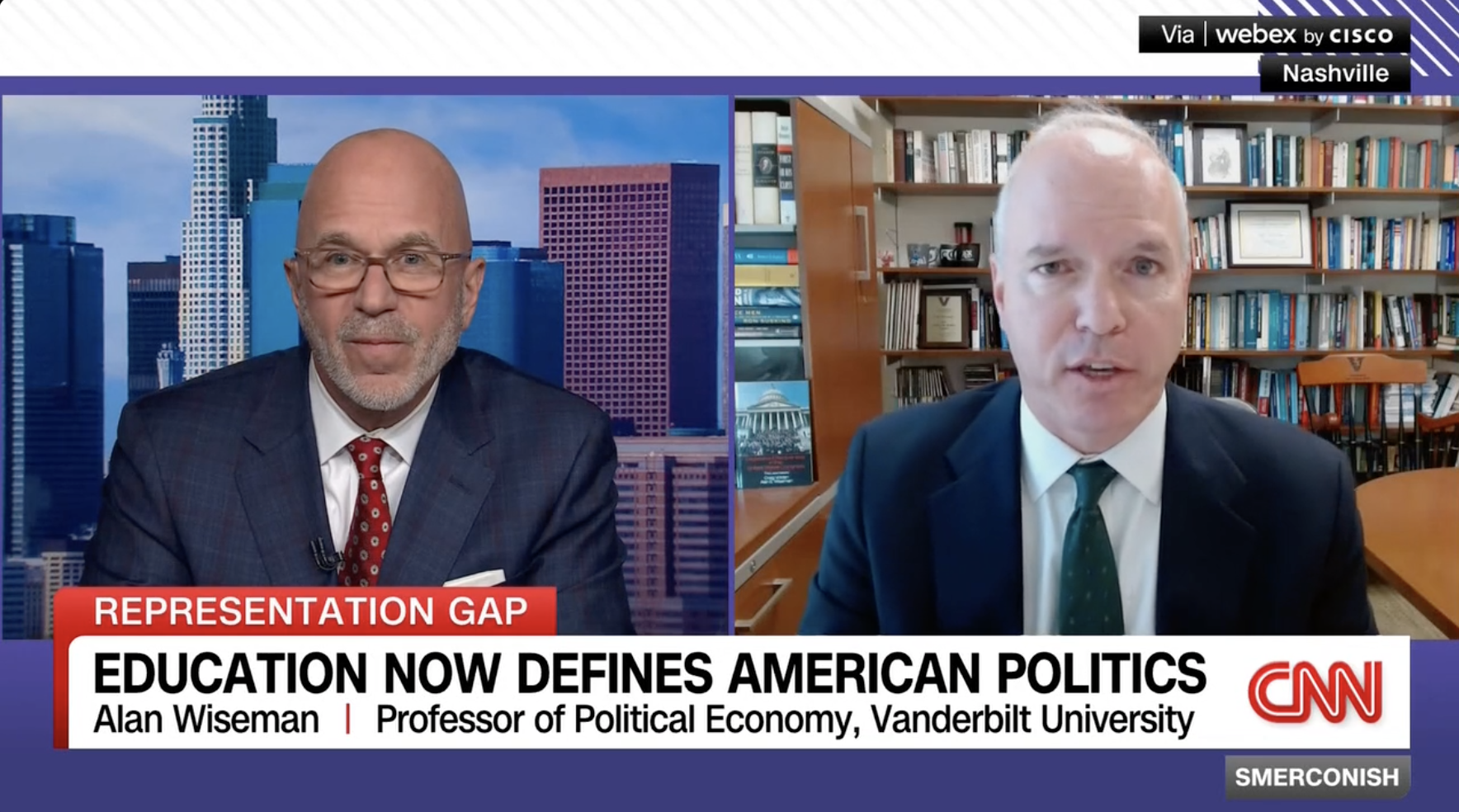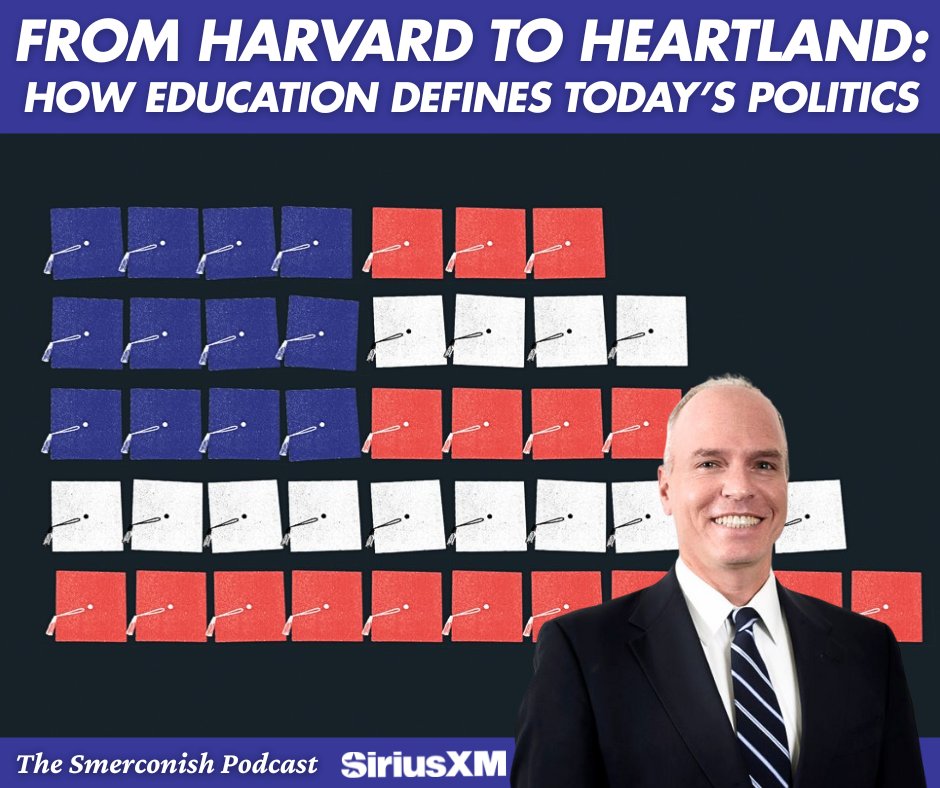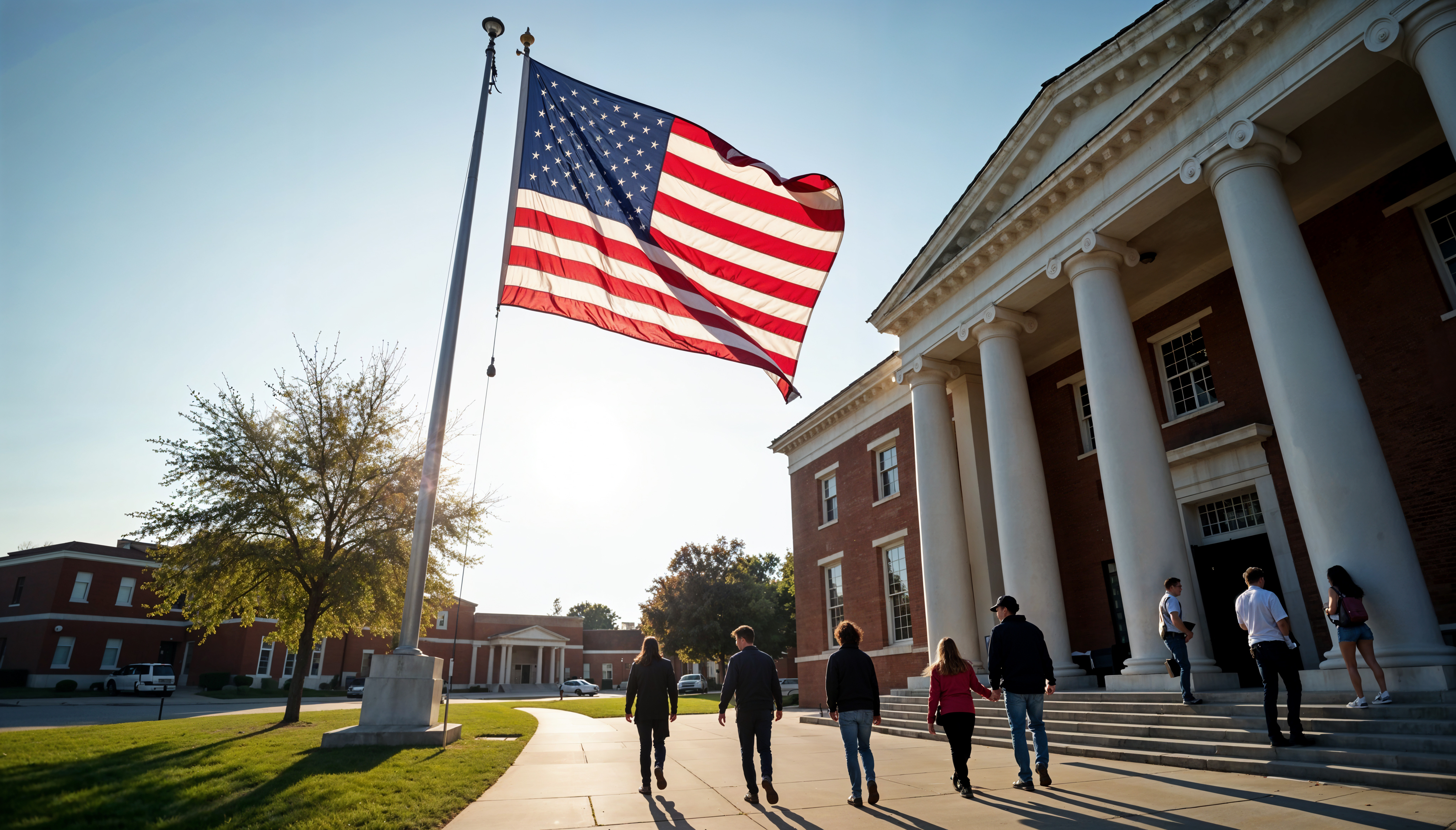Legislative Effectiveness and Informal Institutions: Evidence from Latin America
Legislative Effectiveness and Informal Institutions: Evidence from Latin America Tuesday, January 6, 2026In fragmented presidential systems, there is discussion about why some legislators are more effective than others. In an article published in Latin American Politics and Society, Beatriz Rey examines Brazil’s highly fractionalized party system to understand how lawmakers advance legislation when parties fail to provide sufficient coordination. The study argues that legislative member organizations (LMOs) supply policy expertise and political information that parties often lack, enabling legislators to sponsor and shepherd bills more effectively. Rey tests this argument…

